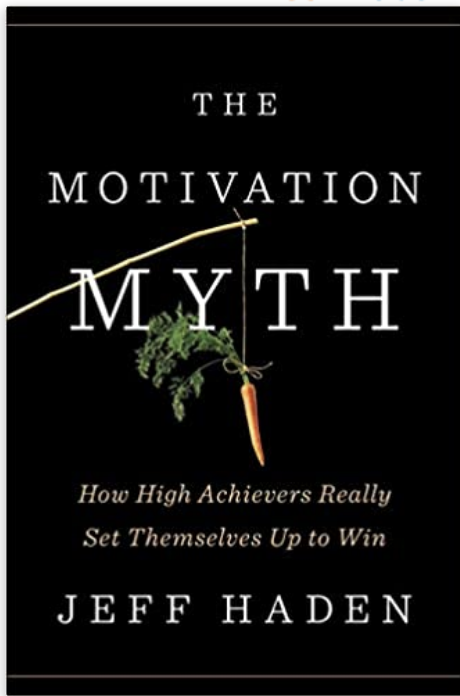| A friend and colleague of mine, Zoe, and I have talked about motivation as it pertains to educating students, as well as for being life long learners, for years. Back in 2010 when we met in an online Masters degree program, we started talking about this, and we still are talking about this. Before that, in the early 1990's I had written about motivation for a different Masters degree program I was in. So, yes. I have given a lot of thought to this topic. Intrinsic motivation (the kind that comes from within the learner) is the prize. If your motivation is primarily extrinsic (coming from others), you may get things done, but you won't really own what you do. Sure, all of us do some things out of duty or the requirements of our job, and that's fine. But the prize is a motivation that we own, not that which is foisted upon us. Extrinsic motivation fades when the external pressure to do a thing is taken away, but intrinsic motivation keeps you going, even when things get challenging. Jeff Haden's book appealed to me for a lot of reasons, because it's true that we believe a lot of things about motivation that are not true. I loved the little bits of cynicism he throws in here and there because I too question the use of SMART goals. I too question this whole idea that motivation is something you bring up from your gut and if only we do that we will be successful at everything. His idea that motivation develops as a result of a series of small successes made a great deal of sense to me. I know, for example, that when developing confidence and intrinsic motivation in a child, leading the child through a series of smaller successes builds confidence and helps them to become independent learners. It's part of why I'm so vested in the ideas of Vygotsky and his Zone of Proximal Development. I had not thought about this in terms of myself, though. I mean, I'm pretty motivated. I generally have a lot of drive to do things - hence this website and the projects I am currently working on. Haden also speaks about the things that make a person happy. Yes, accomplishing the smaller goals that will move you toward reaching a bigger goal should make you happy. The satisfaction you feel when you complete a goal should make you happy. I'm all for being happy. But what does this mean for you and your children or students? There are three key ideas Haden shares that I'd like to pass on. I hope you will dig deeper and read his book. Set your goal, create a process for achieving that goal, then work the process. Haden uses a "set it and forget it" approach to the goal. Once you figure out what process you intend to use, focus on that. For me, that means starting out by writing a blog entry at least five times each week. Why? Because I get lost in the weeds of research and finding other information that supports the thing I'm writing about, and I never complete the writing. Well, not never - but it takes a long time! I have decades of teaching experience and decades of my own formal schooling (counting the K-12 stuff up through college). Sometimes when I sit down to write, it is hard to decide what to write about first. Haden's thoughts are really helping me to get past that. The first step in my process is to write something every day, but I'm wimping out a little and saying five times per week because I know other stuff happens. If I write seven times in a week, that's all to the good. However, I'll set my goal at five and celebrate a little more success and happiness if I happen to make it seven entries in some weeks. We see someone who is doing well, and we copy them, whether or not their approach is a good fit for us. I love Haden's comments about fire walking and SMART goals and all of that, because I think they ring true. I will talk about some of his other points as I go along, but I don't want to give away too much because I think you should read his book for yourself. If you want to refresh yourself, read this book. If you want to get a new start, read this book. If you want to rethink how motivation works with your students and how you can play a part in that, read this book. Once you have, drop me a note and let me know if this was helpful to you. I'd love to hear how Haden's ideas impact the way you approach your life. |
|
0 Comments
Leave a Reply. |
AuthorVeteran teacher qualified in educational instructional design. Archives
August 2023
Categories
All
|

 RSS Feed
RSS Feed